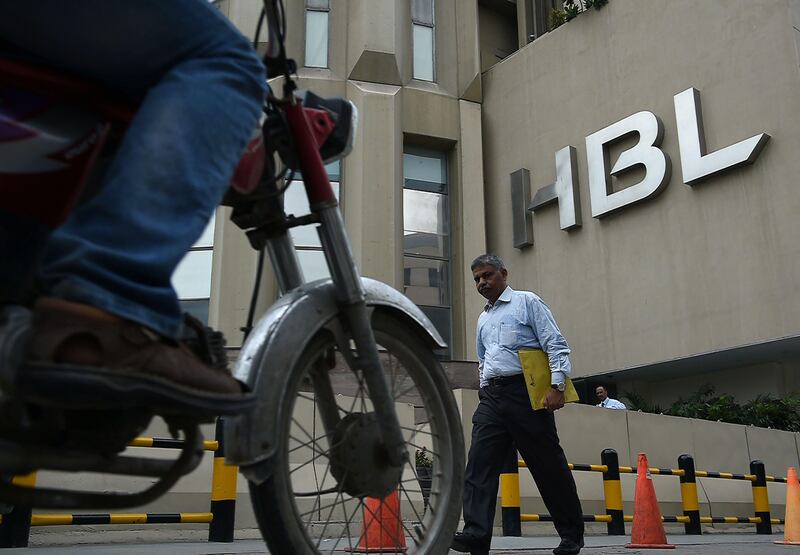New York’s banking regulator ordered Habib Bank to pay US$225 million and surrender its license to operate in the state, effectively removing Pakistan’s largest lender from the US financial system.
Managers in Habib’s branch office in Manhattan failed for more than a decade to shore up weak anti-money-laundering controls and sanctions compliance, New York’s Department of Financial Services said in orders issued Thursday. The bank put through thousands of poorly screened transactions, the DFS said, including for people on a “good guy” list at the bank that included an identified terrorist, an international arms dealer and an Iranian oil shipper.
“DFS will not tolerate inadequate risk and compliance functions that open the door to the financing of terrorist activities that pose a grave threat to the people of this state and the financial system as a whole,” said DFS Superintendent Maria Vullo. “The bank has repeatedly been given more than sufficient opportunity to correct its glaring deficiencies, yet it has failed to do so.”
Habib Bank repeatedly violated the terms of a 2006 agreement in which it promised to improve its internal controls, resulting in a 2015 order that called for the bank to hire an independent consultant to review its dollar-clearing activities, the regulator said. In a follow-up examination by DFS last year, Habib received the lowest rating.
The agreement calls for Habib Bank’s outside monitor to review its dollar-clearing transactions back to 2013, as part of an orderly wind-down of Habib’s New York branch. The bank announced on August 28 it was closing the branch.
______________________
Read more:
[ Gang rob Habib Bank in Sharjah ]
[ In Pakistan, a danger too great for investors ]
______________________
Habib Bank “believes that the opportunity to resolve this matter consensually at this time is in the best interests of its investors, shareholders and customers,” Matthew Biben, a lawyer for the bank, said in a written statement.
Habib’s shares snapped seven-days of losses and rose by the 5 per cent limit, the most in more than two months. The bank agreed to pay the final penalty, which was lower than the maximum $630m proposed by the New York regulator. The stock may rise by 15 per cent, said Faisal Bilwani, the head of equities at Karachi-based Elixir Securities.
DFS’s most recent investigation found that the bank handled billions of dollars in transactions with a Saudi private bank, the Al Rajhi Bank, which has reportedly been linked to the al-Qaeda terrorist organization, without adequate anti-money laundering controls. It failed to adequately identify some of the Saudi bank’s customers, the department said.
The bank’s “good guy” list consisted of customers who the bank claimed presented a low risk of illicit transactions. It permitted at least $250m in transfers to people on the list without screening, the New York regulator said.
Habib Bank, headquartered in Karachi, is the Pakistan’s largest bank, with $24 billion in total assets, according to DFS. The New York branch has been licensed by DFS since 1978.
The bank defended its conduct in a statement last week: “Despite HBL’s sincere and extensive remediation measures over the last two years, DFS is still not appreciating or recognizing the significant progress that HBL has made at its New York branch.”
The statement said DFS had initially proposed a civil penalty of $630m, which Habib described as “outrageous.” The statement noted that Habib had voluntarily decided to close its business in New York and that there would be “no material impact” on its business outside the US
The bank’s largest shareholder is a fund owned by the Aga Khan, the spiritual leader of the Shiite Imam of Ismaili Muslims. The Aga Khan Development Network works in over 30 countries providing health and education facilities.






